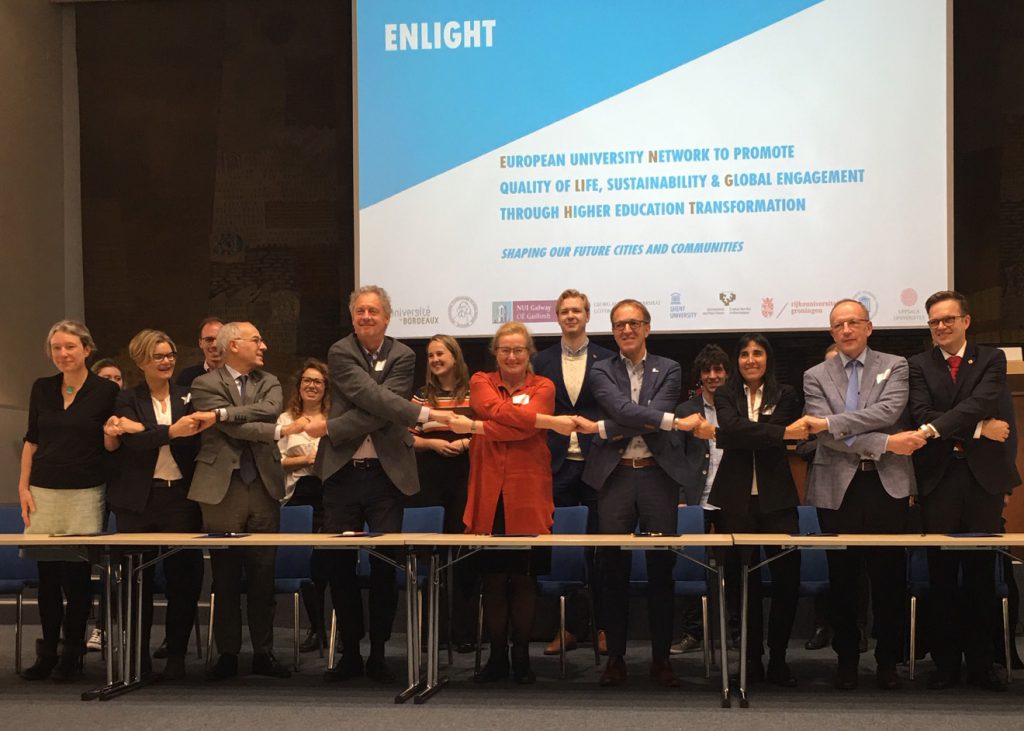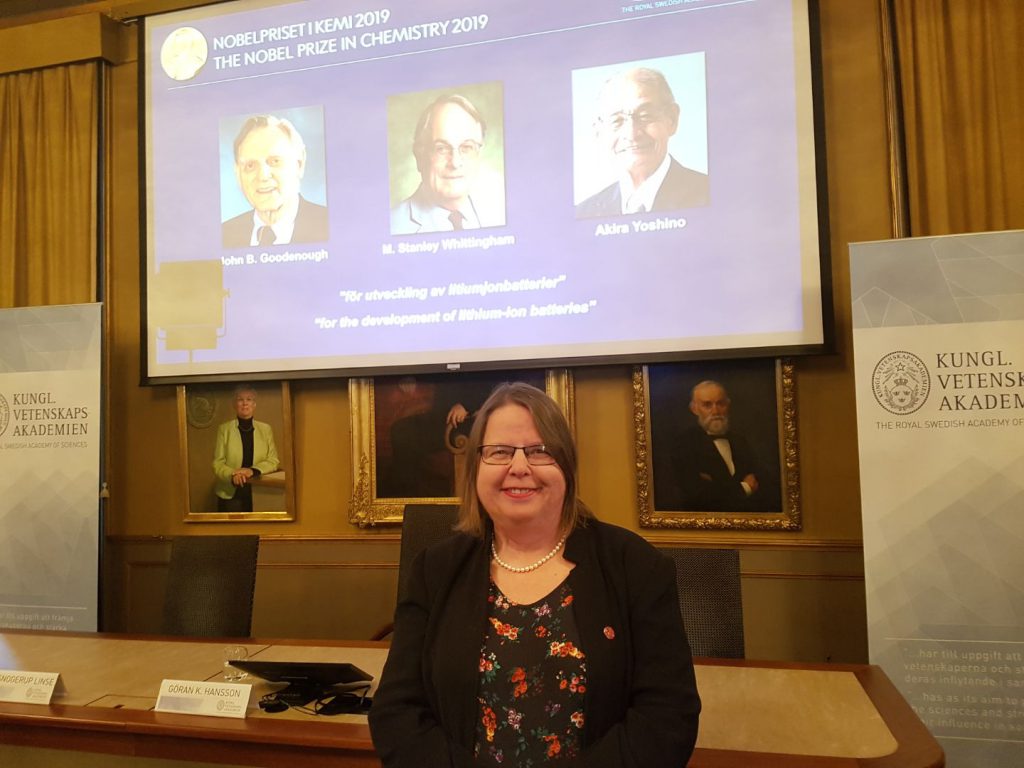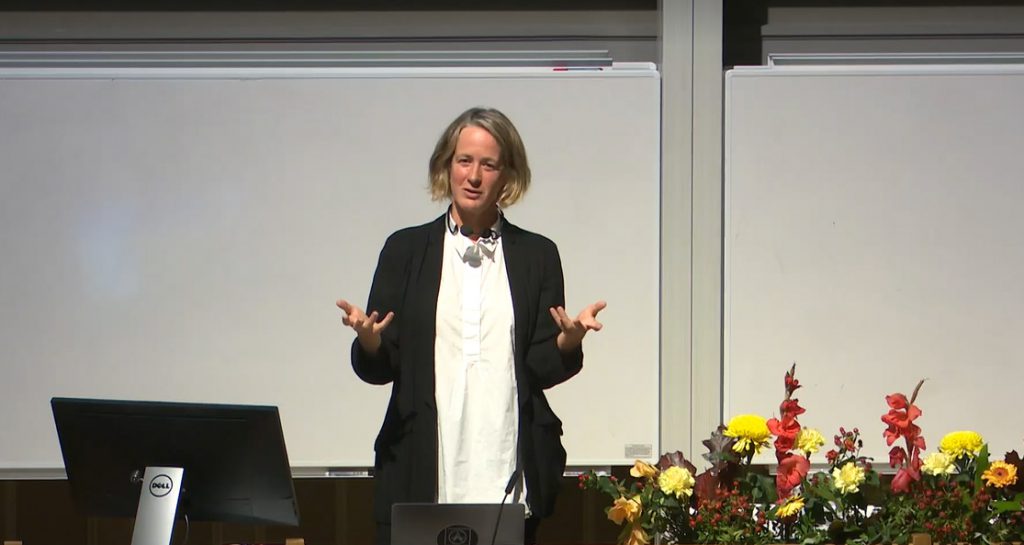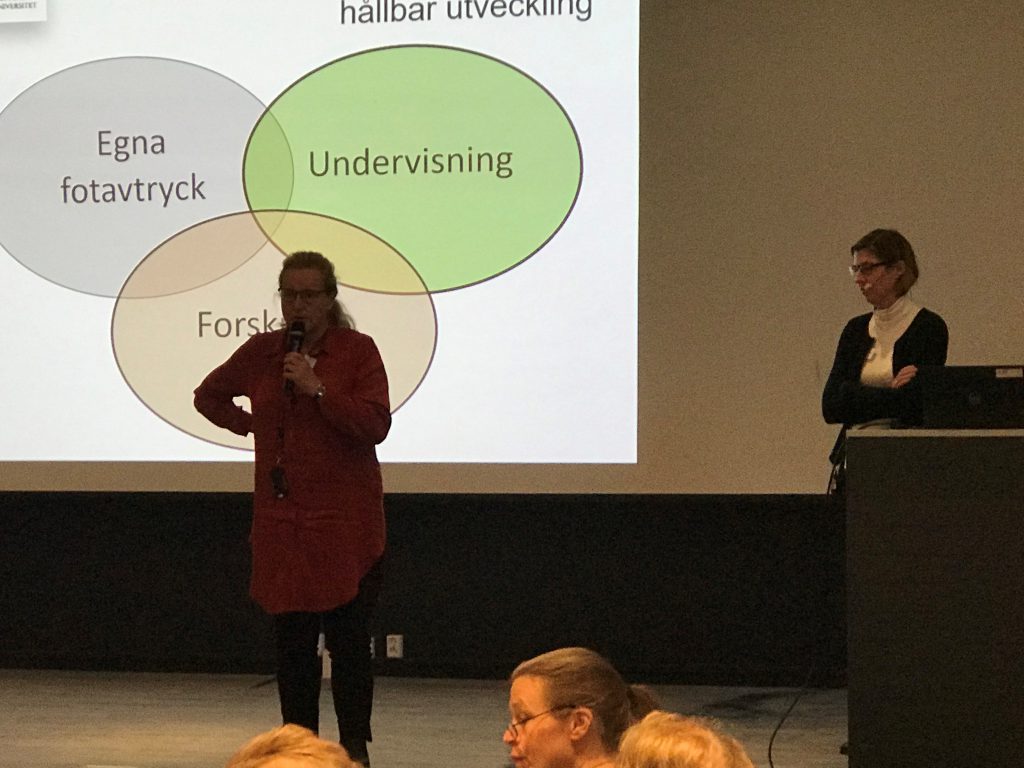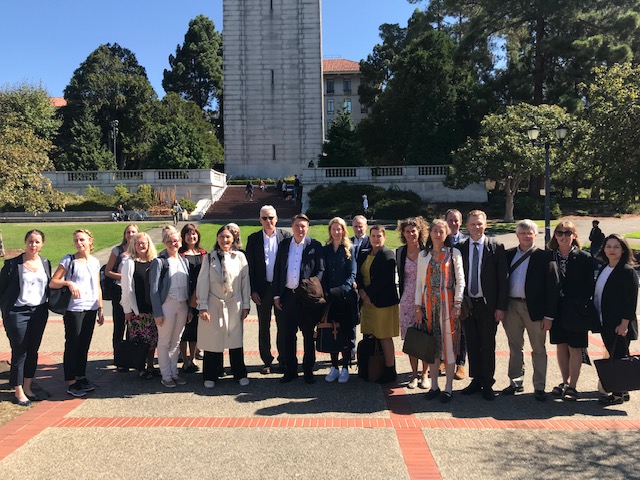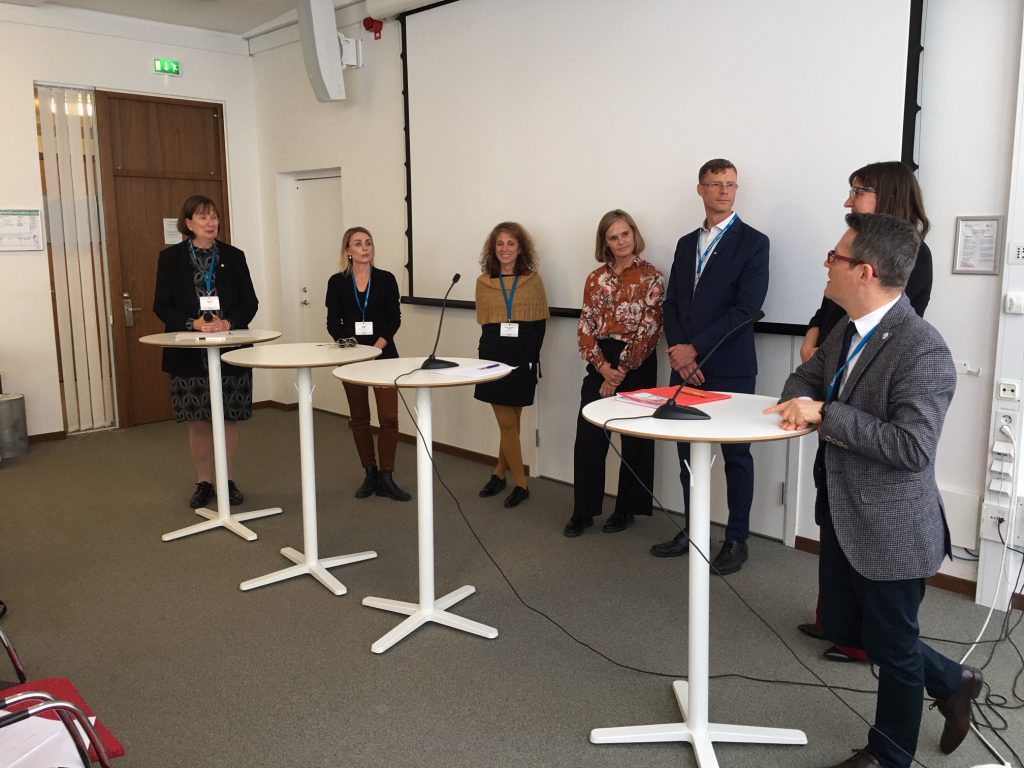Climate crisis, antibiotic resistance, mental ill health among young people, distrust and division between groups in society, threats to democratic rights and freedoms, security and peace. The ability to meet major societal challenges depends on knowledge that only research can give. We will gladly shoulder our responsibility to contribute to a better future for coming generations and hope there is a clear and broad willingness on the part of politicians to give us a chance to do so.
Today we submitted our input to the government’s research bill, which is expected next autumn and will set out the direction of research policy from 2021 onwards. We propose an increase of SEK 3.5 billion in the national research budget, divided between increased direct government funding, excellence initiatives related to societal challenges, and investments in research infrastructure. This is necessary for Sweden to strengthen its position as a leading knowledge nation and contribute to solving societal challenges. As an international research university, we operate in an international context and are therefore affected by changes in the world around us. The exchange rate of the Swedish krona, the EU economy and competition for talent from other countries are a few of the many factors that have a direct impact on us.
Research policy needs to drive quality and take a long-term perspective; it must provide scope for testing new paths. Over the past decade, higher education institutions have experienced decreasing strategic control over their own development. Direct government funding has accounted for a shrinking part of overall funding, while the requirements regarding what this funding has to cover have increased. Externally funded projects and research infrastructure, which is becoming increasingly costly, have to be co-financed out of the same resources.
Last week, Björn Halleröd, Secretary General for Research Infrastructures at the Swedish Research Council, and the Vice-Chancellor were interviewed by the Uppsala newspaper UNT about the need for funding for research infrastructure. Advanced new technology offers fantastic new opportunities but is expensive, requires international cooperation and is affected by various external factors. Quite simply, research is increasingly expensive. In the article, Björn Halleröd expressed concern about a situation where the large universities, which shoulder most responsibility for the facilities, will be adversely affected: “Ultimately, advanced research will suffer. Sweden will become a weaker research nation as so much modern research demands advanced infrastructure.” This is a key issue for Swedish research. Serious investments in research infrastructure are essential to prevent grave consequences for research and for Sweden as a knowledge nation. Our impression is that there is widespread consensus on this among our colleagues and partners. In this connection, we would like to warn against measures that merely involve shuffling resources. Calling a redistribution from a funding body to a government authority an investment, as Minister for Higher Education and Research Matilda Ernkrans did in the same article, is muddying the waters and makes no difference to long-term developments.
Research and higher education are an area where agreement should be possible across party lines. All policy areas benefit from knowledge growth. The input from the universities gives the politicians a chance to get a good picture of what is needed.
Although the upcoming bill will focus on research and innovation, we also emphasise that it is high time for Sweden to make an effort for higher education. The ‘price tags’ (allowances per student) have been gradually eroded. To invest as much in real terms in each student today as we did 25 years ago would require additional quality-enhancing resources of nearly SEK 7 billion. This is not primarily a matter of putting the universities in a stronger position; it is an investment to equip young people today with knowledge to meet current and future challenges. Ideally, there should be a separate education bill, but as no such bill has been announced, we choose to include education in our research bill input. After all, there are strong links between research and education, they are interdependent at a research university like Uppsala.

